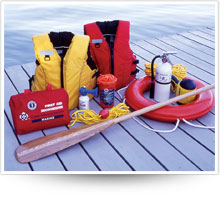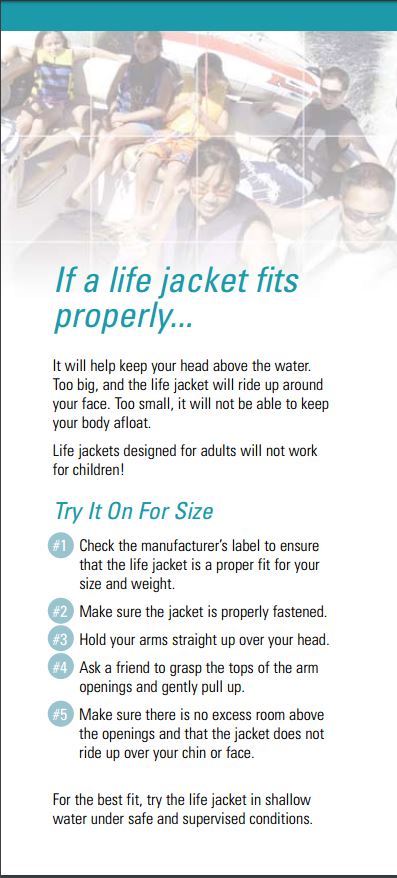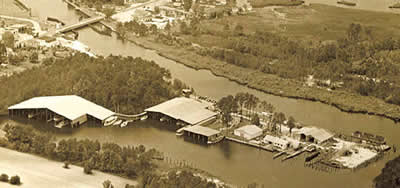Meet Our Crew

Every e-newsletter, we highlight one of the interesting and highly experienced people who make Atlantic Yacht Basin so unique. This time it’s James Taylor, our Vice-President and COO, who is incidentally one of the longest serving employees of the company.
Where are you from?
I was born and raised in Elizabeth City, North Carolina. I still commute from there to Chesapeake, Virginia every day to work at AYB.
When did you first start working at Atlantic Yacht Basin? Where did you start?
I started in the Machine Shop as a mechanic in 1968. I loved it then and I have loved it ever since.
What do you think makes Atlantic Yacht Basin different?
In my opinion, it is the personal touch that goes into everything that we do. From the skill and pride in their work that our employees and craftsmen demonstrate to the many friendships we walk away having with customers, everyone at AYB goes that extra mile. Working with Atlantic Yacht Basin is not like working with other more typical boat yards. We really love your boat like you do — and it shows.
What do you love most about your job?
How many people can say that they come to work every day to a place that they love? I love my work — I love the boats, love working with the other people here and meeting new and interesting people all the time. It’s never the same except for the fact that I have loved it all of these years. My wife calls this job my “mistress”, because it has meant so much to me and I have devoted so much time to it over the years.
What first drew you to working on boats?
Boating is in my family and in my blood. I was raised on it and went to work in a shipyard as a younger man because of that.
What are your favorite boats that you have worked on over the years?
Asking me to pick a favorite boat is like asking a father to pick a favorite among his children. I have had the rare privilege of being able to work on so many great boats and with so many great owners over the years. From one-of-a-kind custom beauties to vessels that are pieces of history to the newest top-of-the line yachts, I’ve seen them all and hope to see many more.
If you could have any boat you wanted, what would it be?
I am still amazed by so many of the yachts that come through the Yard. But for fun, I am a “go-fast” kind of guy — so for me, the ultimate is a speedboat.
What do you wish that guys coming up in the company now could have seen that you have witnessed in person?
There is something about the old-school traditions of building and maintaining boats that is really vanishing. The good news is that we are keeping that alive in the best ways at AYB. We respect history and tradition, but we also stay up-to-date on the latest and greatest marine trends. But I have seen so many fascinating, wild, and beautiful things over the years working in this place and I wish that everyone that I work with could see what I have seen.
What are your other passions besides boats?
Well, I am a fan of what I call “land yachting” — my family and I love to take our RV out and explore. And I am a Harley guy — which is a place where I indulge my passion for going fast and seeing the world.
Where do want to go next on your motorcycle? Your boat?
Hitting the open road, it has to be the Sturgis Rally in South Dakota. On open water, I really want to spend some time exploring the coast of Maine –
which they say has enough deep water harbors to accommodate all the world’s navies at once. I’ve seen the islands and the Southern side of things – but Maine is my next dream spot.






